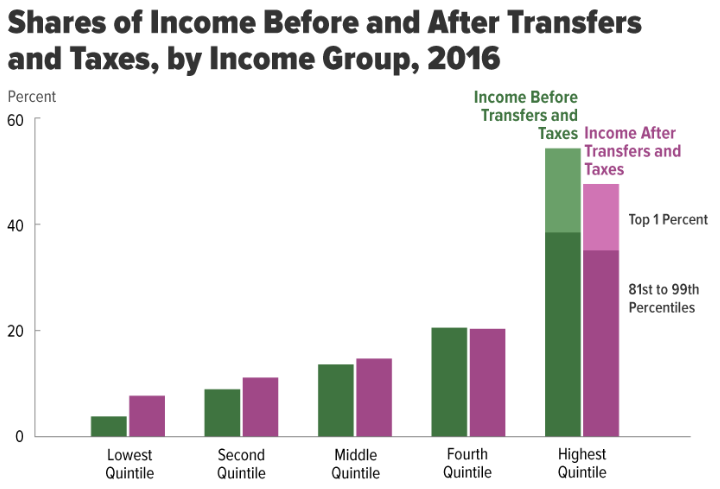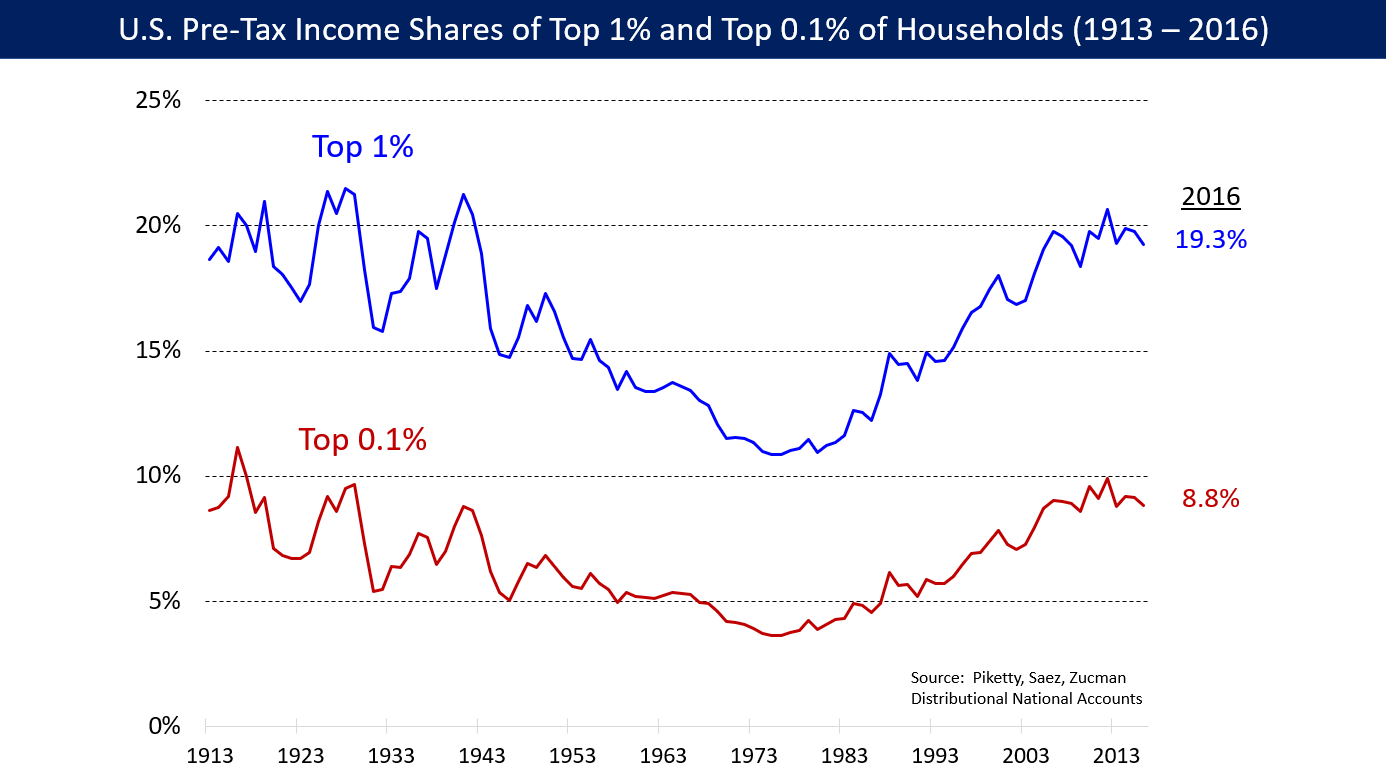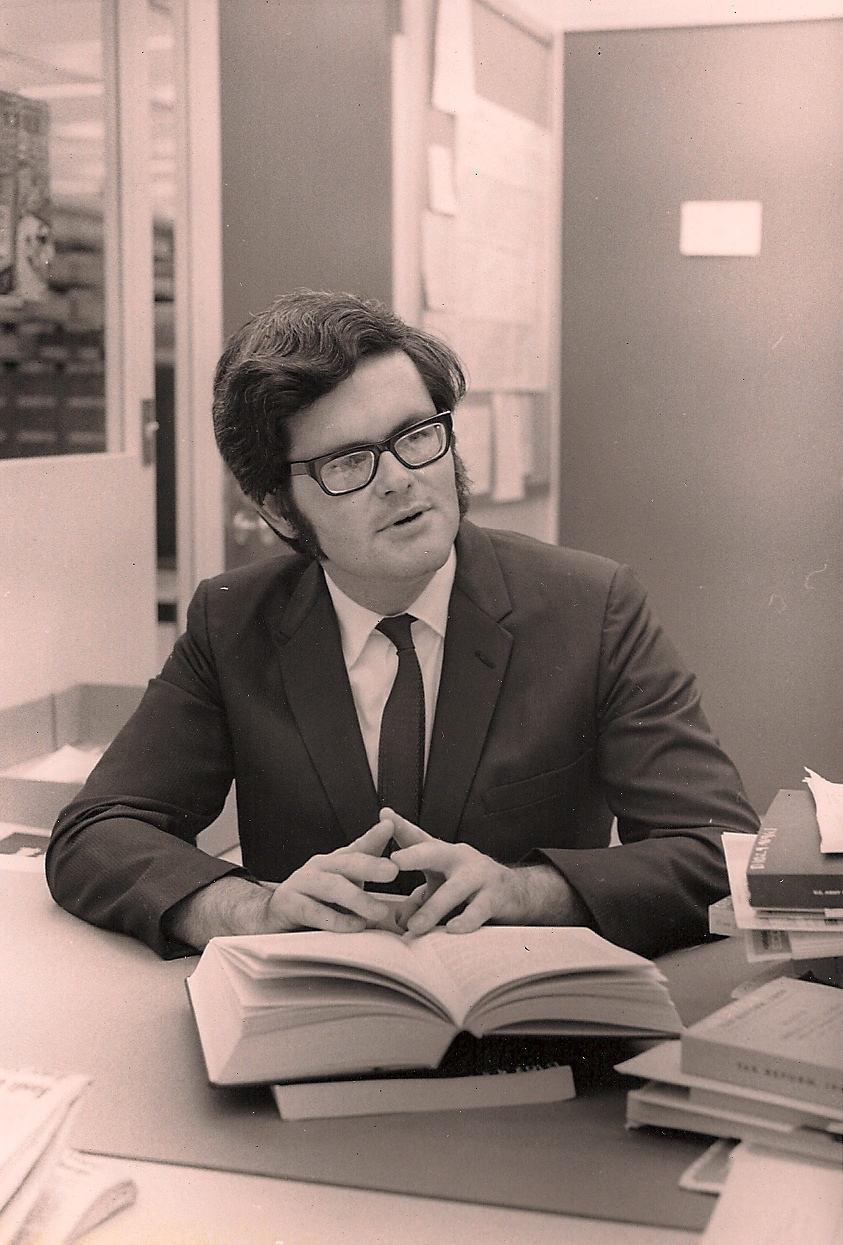|
Great Compression
The Great Compression refers to "a decade of extraordinary wage compression" in the United States in the early 1940s. During that time, economic inequality as shown by wealth distribution and income distribution between the rich and poor became much smaller than it had been in preceding time periods. The term was reportedly coined by Claudia Goldin and Robert MargoThe Great Divergence. By Timothy Noah slate.com in a 1992 paper, Goldin & Margo, ''Quarterly Journal of Economics''. Volume (Year): 107 (1992) Issue (Month): 1 (February). pp. 1–34 and is a takeoff on the |
Wage Compression
Wage compression refers to the empirical regularity that wages for low-skilled workers and wages for high-skilled workers tend toward one another. As a result, the prevailing wage for a low-skilled worker exceeds the market-clearing wage, resulting in unemployment for low-skilled workers. Meanwhile, the prevailing wage for high-skilled workers is below the market-clearing wage, creating a short supply of high-skilled workers (and thus no unemployment of high-skilled workers). Perfectly competitive labour markets can still exhibit a wage compression effect. In a perfectly competitive market, workers of different skill levels receive different wages and workers of the same skill level will receive the same wage no matter which firm they work in. However, the distribution of the skills of employees may be wider than the distribution of their wages. Akerlof and Yellen (1990) propose a model that uses the fair-wage hypothesis to explain wage compression. The fair-wage hypothesis sugge ... [...More Info...] [...Related Items...] OR: [Wikipedia] [Google] [Baidu] |
National War Labor Board (1942–1945)
The National War Labor Board, commonly the War Labor Board (NWLB or WLB) was an agency of the United States government established January 12, 1942 by executive order to mediate labor disputes during World War II. History The NWLB was established by President Franklin D. Roosevelt under Executive Order 9017, with William Hammatt Davis as its chair. It was charged with acting as an arbitration tribunal in labor-management dispute cases in order to prevent work stoppages which might hinder the war effort. It administered wage control in national industries such as automobiles, shipping, railways, airlines, telegraph lines, and mining. The Board was originally divided into twelve Regional Administrative Boards which handled both labor dispute settlement and wage stabilization functions for specific geographic regions. The national Board further decentralized in 1943, when it established special tripartite commissions and panels to deal with specific industries on a national bas ... [...More Info...] [...Related Items...] OR: [Wikipedia] [Google] [Baidu] |
Economic History Of The United States
The economic history of the United States is about characteristics of and important developments in the U.S. economy from colonial times to the present. The emphasis is on productivity and economic performance and how the economy was affected by new technologies, the change of size in economic sectors and the effects of legislation and government policy. Specialized business history is covered in American business history. Colonial economy The colonial economy was characterized by an abundance of land and natural resources and a severe scarcity of labor. This was the opposite of Europe and attracted immigrants despite the high death rate caused by New World diseases. From 1700 to 1774 the output of the thirteen colonies increased 12-fold, giving the colonies an economy about 30% the size of Britain's at the time of independence. Population growth was responsible for over three-quarters of the economic growth of the British American colonies. The free white population had th ... [...More Info...] [...Related Items...] OR: [Wikipedia] [Google] [Baidu] |
Income Inequality In The United States
Income inequality in the United States is the extent to which income is distributed in differing amounts among the American population. It has fluctuated considerably since measurements began around 1915, moving in an arc between peaks in the 1920s and 2000s, with a 30-year period of relatively lower inequality between 1950 and 1980. The U.S. has the highest level of income inequality among its (post-)industrialized peers.United Press International (UPI), June 22, 2018"U.N. Report: With 40M in Poverty, U.S. Most Unequal Developed Nation"/ref> When measured for all households, U.S. income inequality is comparable to other developed countries before taxes and transfers, but is among the highest after taxes and transfers, meaning the U.S. shifts relatively less income from higher income households to lower income households. In 2016, average market income was $15,600 for the lowest quintile and $280,300 for the highest quintile. The degree of inequality accelerated within the t ... [...More Info...] [...Related Items...] OR: [Wikipedia] [Google] [Baidu] |
Timothy Noah
Timothy Robert Noah (born 1958), an American journalist and author, is a staff writer at ''The New Republic.'' Previously he was labor policy editor for ''Politico'', a contributing writer at MSNBC.com, a senior editor of ''The New Republic'' assigned to write the biweekly "TRB From Washington" column, and a senior writer at ''Slate'', where for a decade he wrote the "Chatterbox" column. In April 2012, Noah published a book, ''The Great Divergence'', about income inequality in the United States. Early life and education Noah is the son of Marian Jane (née Swentor) and Robert M. Noah, a television producer. He grew up in New Rochelle, New York, and Beverly Hills, California. His father was Jewish, and his mother was Protestant; he describes himself as an atheist. He is a graduate of Harvard College, where he obtained a degree in English in 1980, and where he was on the prose board of the ''Harvard Advocate''. He lives in Washington, D.C. Career Earlier in his career, Noah was an ... [...More Info...] [...Related Items...] OR: [Wikipedia] [Google] [Baidu] |
Slate (magazine)
''Slate'' is an online magazine that covers current affairs, politics, and culture in the United States. It was created in 1996 by former '' New Republic'' editor Michael Kinsley, initially under the ownership of Microsoft as part of MSN. In 2004, it was purchased by The Washington Post Company (later renamed the Graham Holdings Company), and since 2008 has been managed by The Slate Group, an online publishing entity created by Graham Holdings. ''Slate'' is based in New York City, with an additional office in Washington, D.C. ''Slate'', which is updated throughout the day, covers politics, arts and culture, sports, and news. According to its former editor-in-chief Julia Turner, the magazine is "not fundamentally a breaking news source", but rather aimed at helping readers to "analyze and understand and interpret the world" with witty and entertaining writing. As of mid-2015, it publishes about 1,500 stories per month. A French version, ''slate.fr'', was launched in February 20 ... [...More Info...] [...Related Items...] OR: [Wikipedia] [Google] [Baidu] |
Great Divergence (inequality)
The Great Divergence is a term given to a period, starting in the late 1970s, during which income differences increased in the US and, to a lesser extent, in other countries. The term originated with the Nobel laureate, Princeton economist and ''New York Times'' columnist Paul Krugman, and is a reference to the "Great Compression", an earlier era in the 1930s and the 1940s when incomes became more equal in the US and elsewhere. A 2017 report by the Congressional Budget Office on the distribution of income in the US from 1979 to 2007 found that after federal taxes and income transfers, the top earning 1% of households gained about 275% and that the bottom 20% grew by only 41%.Congressional Budget Office: Trends in the Distribution of Household Income Between 1979 and 2007< ... [...More Info...] [...Related Items...] OR: [Wikipedia] [Google] [Baidu] |
Social Safety Net
The social safety net (SSN) consists of non-contributory assistance existing to improve lives of vulnerable families and individuals experiencing poverty and destitution. Examples of SSNs are previously-contributory social pensions, in-kind and food transfers, conditional and unconditional cash transfers, fee waivers, public works, and school feeding programs. The core idea of SSN can be understood as an analogy to a circus artist walking on a tightrope with a net hanging under it, ready to catch the artist if she falls. It is not helping her to get up on the line again, but prevents her from falling to the ground, avoiding potentially life-threatening damages. In the same way, the economic social safety net provides a certain minimum amount of welfare or safety that the society has agreed that no one should fall below. Definitions There is no exact and unified definition of the concept of SSN. The World Bank has one of the widest definitions, but multiple definitions are used b ... [...More Info...] [...Related Items...] OR: [Wikipedia] [Google] [Baidu] |
Newt Gingrich
Newton Leroy Gingrich (; né McPherson; born June 17, 1943) is an American politician and author who served as the 50th speaker of the United States House of Representatives from 1995 to 1999. A member of the Republican Party, he was the U.S. representative for Georgia's 6th congressional district serving north Atlanta and nearby areas from 1979 until his resignation in 1999. In 2012, Gingrich unsuccessfully ran for the Republican nomination for president of the United States. A professor of history and geography at the University of West Georgia in the 1970s, Gingrich won election to the U.S. House of Representatives in November 1978, the first Republican in the history of Georgia's 6th congressional district to do so. He served as House Minority Whip from 1989 to 1995. A co-author and architect of the "Contract with America", Gingrich was a major leader in the Republican victory in the 1994 congressional election. In 1995, ''Time'' named him " Man of the Year" for "hi ... [...More Info...] [...Related Items...] OR: [Wikipedia] [Google] [Baidu] |
General Motors
The General Motors Company (GM) is an American Multinational corporation, multinational Automotive industry, automotive manufacturing company headquartered in Detroit, Michigan, United States. It is the largest automaker in the United States and was the largest in the world for 77 years before losing the top spot to Toyota in 2008. General Motors operates manufacturing plants in eight countries. Its four core automobile brands are Chevrolet, Buick, GMC (automobile), GMC, and Cadillac. It also holds interests in Chinese brands Wuling Motors and Baojun as well as DMAX (engines), DMAX via joint ventures. Additionally, GM also owns the BrightDrop delivery vehicle manufacturer, GM Defense, a namesake Defense vehicles division which produces military vehicles for the United States government and military; the vehicle safety, security, and information services provider OnStar; the auto parts company ACDelco, a GM Financial, namesake financial lending service; and majority ownership in t ... [...More Info...] [...Related Items...] OR: [Wikipedia] [Google] [Baidu] |
United Auto Workers
The International Union, United Automobile, Aerospace, and Agricultural Implement Workers of America, better known as the United Auto Workers (UAW), is an American labor union that represents workers in the United States (including Puerto Rico) and Canada. It was founded as part of the Congress of Industrial Organizations (CIO) in the 1930s and grew rapidly from 1936 to the 1950s. The union played a major role in the liberal wing of the Democratic Party under the leadership of Walter Reuther (president 1946–1970). It was known for gaining high wages and pensions for auto workers, but it was unable to unionize auto plants built by foreign-based car makers in the South after the 1970s, and it went into a steady decline in membership; reasons for this included increased automation, decreased use of labor, movements of manufacturing (including reaction to NAFTA), and increased globalization. UAW members in the 21st century work in industries including autos and auto parts, heal ... [...More Info...] [...Related Items...] OR: [Wikipedia] [Google] [Baidu] |
Reuther's Treaty Of Detroit
Reuther's Treaty of Detroit was a five-year contract negotiated by trade union president Walter Reuther between the United Auto Workers The International Union, United Automobile, Aerospace, and Agricultural Implement Workers of America, better known as the United Auto Workers (UAW), is an American labor union that represents workers in the United States (including Puerto Rico ... (UAW) and General Motors in 1950. The UAW reached similar deals with the other members of the Big Three automobile manufacturers, Big Three automakers, Ford Motor Company and Chrysler. The UAW agreed to a long-term contract, which protected automakers from annual strike action, strikes, and it gave up the right to bargain over some issues in exchange for extensive health, unemployment, and pension employee benefit, benefits; expanded vacation time; and cost-of-living index, cost-of-living adjustments to wages. The contract shaped industrial relations, labor-management relations in the auto industry f ... [...More Info...] [...Related Items...] OR: [Wikipedia] [Google] [Baidu] |





